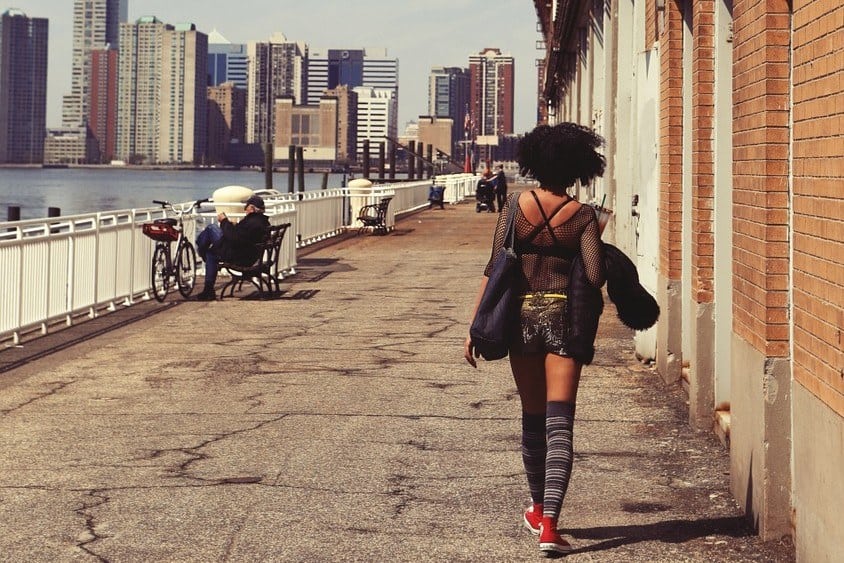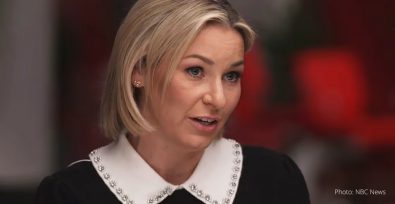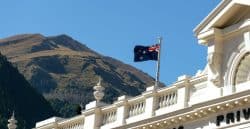Kanani Titchen was a student in medical school when she first became aware of trafficking. In an operating room, she and other students saw a young patient with tattoos around her groin. One was a “$” which meant the woman’s body was for sale.
She didn’t realize at the time what it meant. She explains: “It never even occurred to us that someone else would put this on another human being. It wasn’t until I read about sex trafficking, that I realized she didn’t put those marks on herself.” The experience still haunts Titchen. She didn’t ask the woman how she got the tattoos or if the needle was clean, because at the time, she didn’t recognize the warning signs of sex trafficking. That will be the topic of her talk at a human trafficking conference in Washington, D.C., part of a strong effort and growing interest among health workers.







Freedom United is interested in hearing from our community and welcomes relevant, informed comments, advice, and insights that advance the conversation around our campaigns and advocacy. We value inclusivity and respect within our community. To be approved, your comments should be civil.